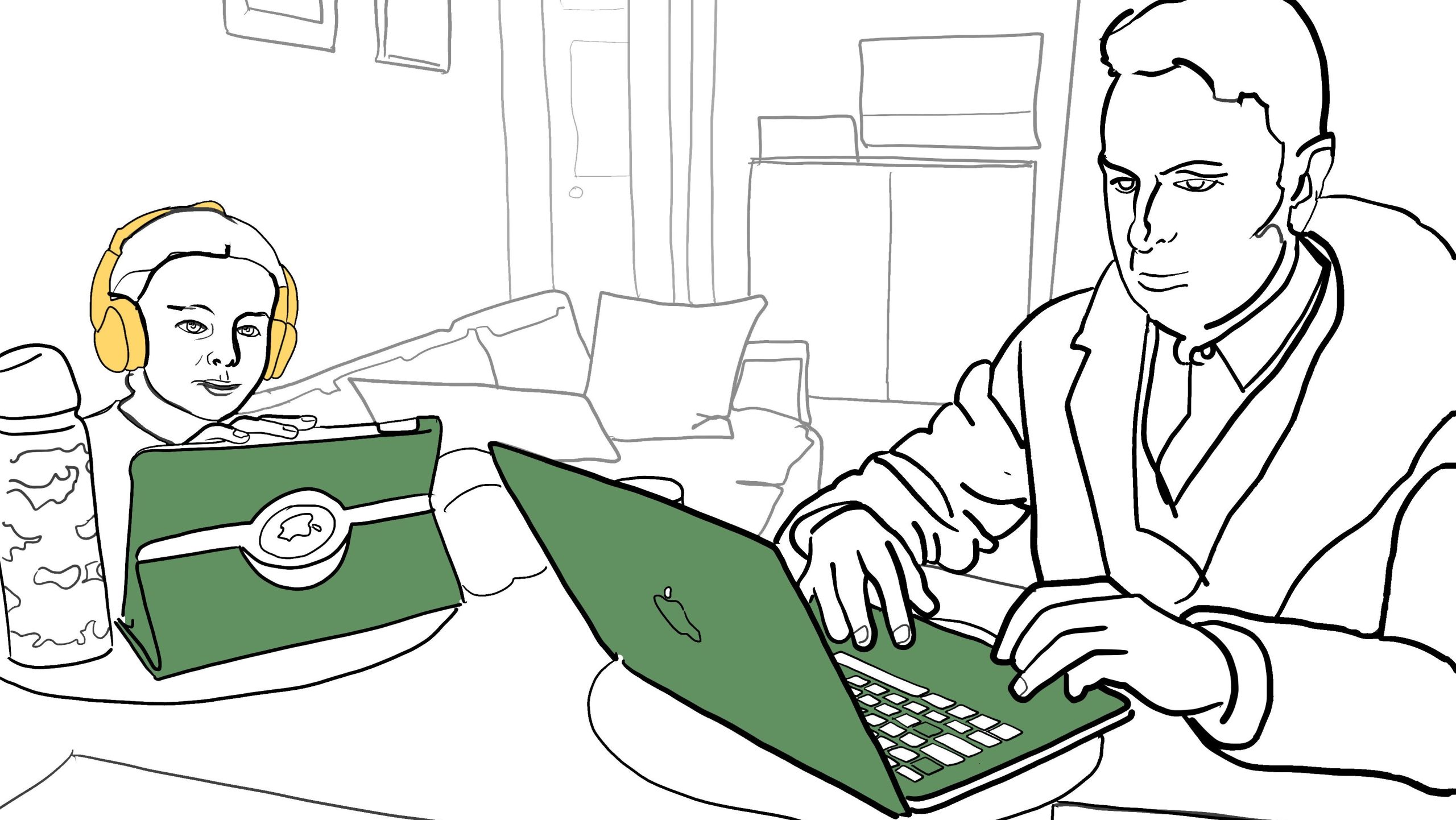
The Pandemic and Beyond brings together over 70 research projects in the Arts and Humanities that have examined the Covid-19 pandemic and are suggesting solutions to the urgent problems that have been created or exacerbated by the pandemic. We are a virtual hub where researchers, user groups, journalists and policymakers can meet, find out about research that is relevant to them, and work together to share expertise and resources.
Our research teams have contributed in important ways to understanding the effects of the pandemic and finding solutions across four broad areas:
1. Decision-making in a time of crisis: 14 research teams have scrutinised legislation and guidance issued during the pandemic, have advised policymakers on ethical considerations and questions of human rights in the context of governance and decision-making during the pandemic. They have grappled with thorny questions of rights and responsibilitiesand considered how values-based frameworks might underpin developing scientific understanding to offer a more nuanced approach to balancing risk and benefit.
2. Creative industries: 20 research teams have investigated how creative industries continue to operate throughout the pandemic and as we emerge from it. They have examined how performances have shifted to virtual or outdoor settings and have thereby reached new audiences, ever more accessibly. They have worked with creative industry professionals affected by Covid-19 to understand how to build back better, more resilient, inclusive and sustainable industry structures.
3. Arts, health and wellbeing: 17 research teams have explored how arts and creative practitioners and cultural and community organisations have been creating connection through arts and nature-based activities, building resilience and forging pathways to improving mental and physical health and wellbeing for individuals and communities during the pandemic.
4. Communication, information and experience: 26 research teams have examined the lived experience of the pandemic, with particular reference to how the pandemic has been lived as a whirlwind of often deeply confusing and contested information. Artists, designers, and linguists involved in these projects have found design solutions and devised better ways of communicating Public Health messages so that they reach the communities that have been most severely affected by the pandemic.
This work has laid important human foundations for resilience and recovery after the pandemic, and identified key ways in which we can ‘build back better’, across communities and across the country, reaching many of the individuals and groups who are often invisible to policy-makers.
Our mission is to communicate what these research teams have found and created to the public, to share resources, and ensure that the right decision-makers hear about the recommendations at the right time. To this purpose, we are working with Culture Commons, who are helping us with our policy engagement events in March and May 2022. These webinars showcase some of the most striking research findings, which have also informed our consultation response regarding the Draft Terms of Reference for the Independent Public Inquiry on Coronavirus. Our platform is there to inform, inspire, and bring about permanent change in how we respond not just to the Covid-19 crisis, but how central Arts and Humanities research is to future crisis responses in local, national and international settings.
The Pandemic and Beyond is hosted by the Wellcome Centre for Cultures and Environments of Health at the University of Exeter and embedded in the College of Humanities, with team members from Humanities (Prof Pascale Aebischer, Dr Benedict Morrison, Dr Karen Gray, Dr Eleanor O’Keeffe), the Medical School (Prof Victoria Tischler), the Business School (Prof Sarah Hartley), and Social Sciences and International Studies (Prof Des Fitzgerald). It is funded by the Arts and Humanities Research Council, with additional funding by Policy@Exeter (Open Innovation Platform and Policy Support Fund).


